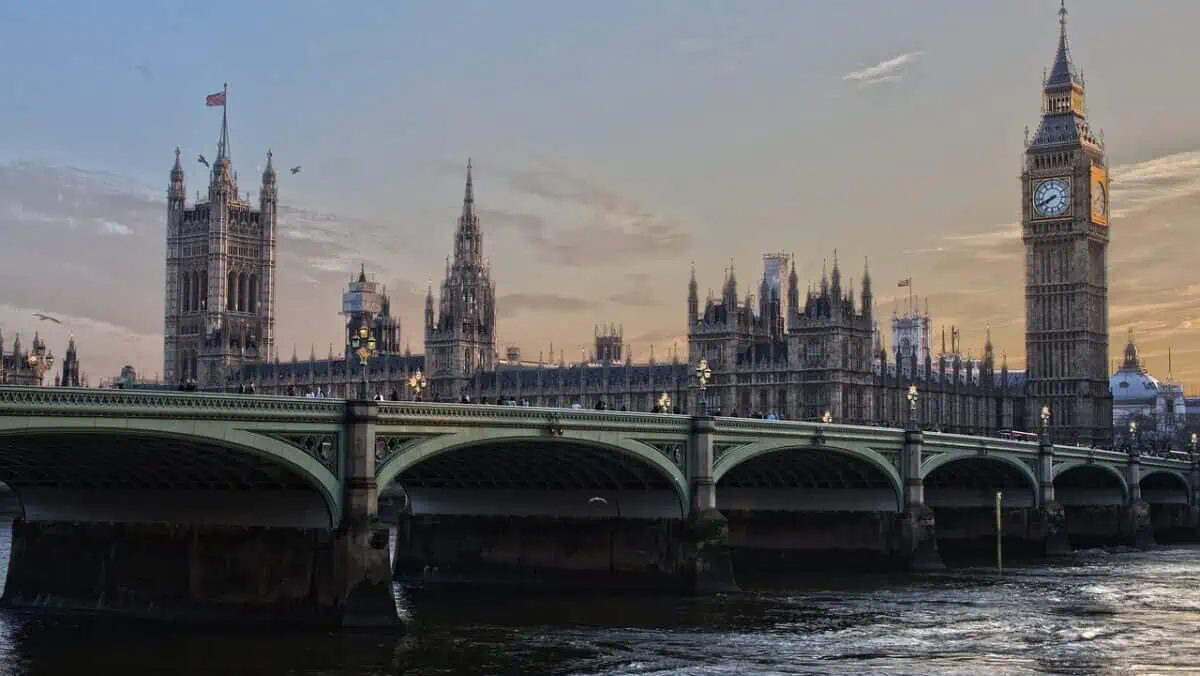The British electric vehicle industry is now asking the government to offer tax incentives to promote the e-mobility shift amid the waning demand among private customers, the Financial Times reported.
“Our EV market is emerging from the early adopter phase. To move to the mass market, we need something to incentivise consumers.”
Mike Hawes, Society of Motor Manufacturers and Traders CEO
SMMT, the UK auto industry representative, emphasized during a conference on Monday that enticing customers to buy an EV model through incentives is crucial for the country’s net-zero targets.
UK 2030 target
The UK Government aims to fully electrify its transportation industry by banning new sales of new petrol and diesel car models by 2030. It will also phase out hybrid models by 2035.
EVs currently account for 16% of the overall automotive market in the UK, The Manufacture reports, citing SMMT’s data. It further indicated that over 1 million EVs are now registered in the country.
However, companies currently dominate most EV sales, while demand among private buyers is waning to only a quarter share.
Issue
The disparity between the demand of companies and private customers is alarming. It demonstrates how government policies affect the EV industry in Britain.
The report noted that battery electric vehicles (BEV) purchased under company car programs obtain significant tax incentives. In contrast, buyers privately acquiring a vehicle from dealerships do not receive direct purchase incentives.
Notably, the issue occurred when the government withdrew the “plug-in car grant” program in 2022.
Volkswagen UK Managing Director asserted the ongoing “stagnation” among mainstream private customers in the UK. He further noted that removing incentives in the country adversely affected the private buyers’ demand for EVs.
“Where the incentivisation really succeeded was in sending the message that electrification is the desired direction of travel. There needs to be some kind of levelling up if we’re going to reaccelerate this transition.”
Volkswagen UK Managing Director, Alex Smith
Propose actions
Knowing these ongoing issues in the UK’s local electric vehicle industry, the SMMT demands the government reduce VAT for buyers.
It also encourages the government to withdraw its plans to boost the excise duty for EVs paid from 2025.
Moreover, it proposes to the government to establish specific targets for public charger installations in the country. As we all know, charging infrastructure issues have long been among customers’ top concerns that discourage them from buying EVs.
During the Monday conference, UK transport secretary Mark Harper also stated that the government must “earn the confidence of consumers as they consider going electric.” He further asserted that charging infrastructure “must keep pace” with demand.
In response, the Treasury outlined the previous initiatives of the government to support and promote EV adoption in the country.
“To drive the UK’s move to electric vehicles, we have provided over £2bn to cut down purchase costs for drivers and to build the necessary infrastructure to support their usage, such as local electric vehicle infrastructure funding, targeted plug-in vehicle grants and low first-year vehicle excise duty.”
UK Treasury
See Also:
Mainstream customers undoubtedly have prevailing concerns regarding the charging infrastructure availability in the country, which are currently centralized in London and England.
That said, the government and automakers must intensify collaborative efforts to further encourage customers to adopt EVs, especially regarding charging networks and incentives.






